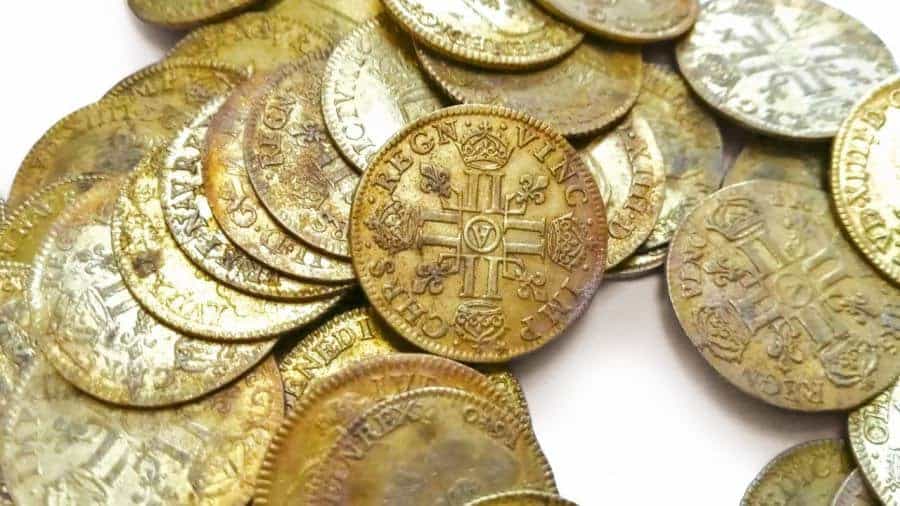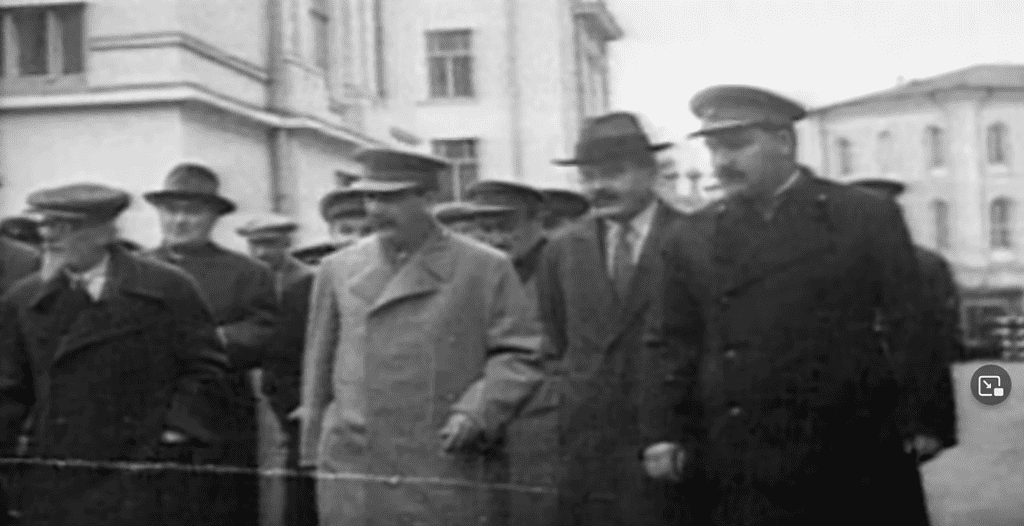The discovery of the ancient city of Vergina, also known as Aigai, in northern Greece was one of the most significant archaeological finds of the 20th century. The city was the capital of the ancient Macedonian kingdom and was the birthplace of Alexander the Great.

The discovery was made in 1977 by Greek archaeologist Manolis Andronikos. He had been searching for the tomb of the Macedonian kings for years and had a hunch that it was located in Vergina. After excavating the site, Andronikos discovered a series of tombs that contained the remains of several members of the Macedonian royal family.
The most significant discovery was the tomb of King Philip II of Macedon, the father of Alexander the Great. The tomb contained a rich collection of funerary artifacts, including a golden larnax (a type of coffin) and a gold diadem. These artifacts provided valuable insights into the art and culture of ancient Macedon.

The discovery of Vergina also helped to confirm the historical accuracy of accounts of the Macedonian kingdom written by ancient Greek historian, Ptolemy. It also helped to shed light on the political and military history of the ancient world, and the role that the Macedonians played in shaping it.
The ancient city of Vergina is now a UNESCO World Heritage site, and the tombs have been designated as a National Archaeological Museum. The site continues to be studied by archaeologists and historians, and new discoveries are still being made.

Vergina is not only a valuable historical site but also a major tourist destination. It is a symbol of Greece’s rich cultural heritage and attracts thousands of visitors every year. The discovery of Vergina has been a significant contribution to our understanding of the ancient world and the history of Greece.



